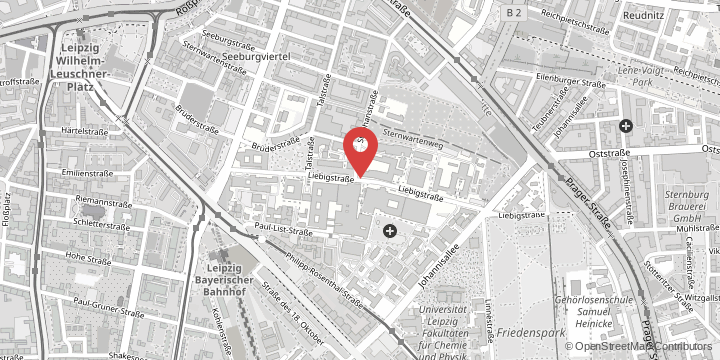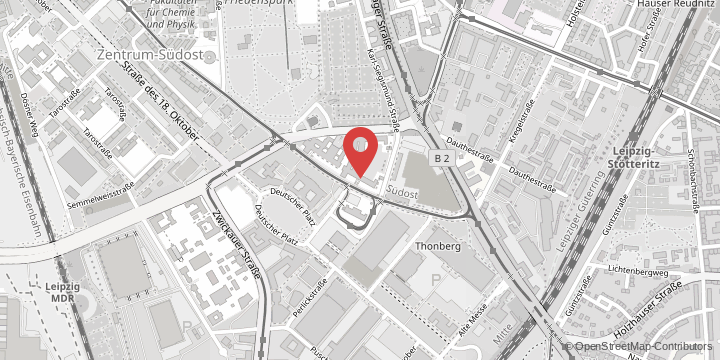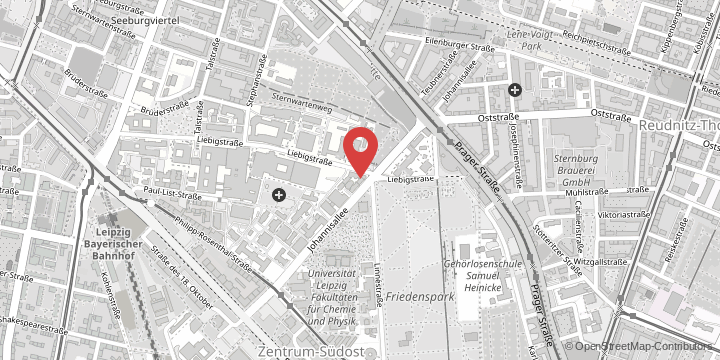Transnational Seminar "Cultural Transfer"
New Identities in Eastern and Southeastern Europe: Cultural Transfers in the Early 20th Century
The transnational research seminar consists of lectures by invited international scholars dedicated to the study of cultural transfers in very different regions. The sessions of this seminar are held in French, English or German, whereby the language of the lecture results from the given working title, while interventions in the discussion are possible in all three languages.
Ivana Vesić, Institute of Musicology SASA, Belgrade, Serbia
Cultural Transfer, Mass Media and Identity Politics in Interwar Yugoslavia – A Complex En-tanglement: On Radio Belgrade’s Fluctuating Policies Regarding Music Broadcasting (1929–1936)
The early history of radio broadcasting in interwar Yugoslavia was characterised by constant changes and attempts at improving the quantity and quality of the programme of its three radio stations (Zagreb, Ljubljana and Belgrade) in order to follow the latest novelties intro-duced in the countries with most advanced radio and entertainment industries. As Radio Bel-grade began with the production of its own musical, theatrical, and educational shows in
March 1929, its managers took many efforts to enable the subscribers to enjoy the advanced experience of radio listening as was the case with subscribers in countries such as the United Kingdom, Germany, Austria, Italy, Hungary, etc. Aside from using ‘ready-made’ solutions de-veloped in these countries when it comes to shaping the radio programme which was neither denied nor concealed in public, Radio Belgrade’s managers faced various challenges in the process of selecting musical ‘content’ given the multiplicity and diversity of interests that it encompassed. The question of how to ‘sound’ both local, national and global at the same time as well as to respond to the needs of listeners with distinctly shaped social background constantly haunted radio authorities leading to periodical changes of musical programme. However, it was not until the state-issued ‘Regulation on Broadcasting Programme of Radio Stations in the King-dom of Yugoslavia’ (April 1933) that the Radio Belgrade leadership was forced to thoroughly reassess its musical policies. Instead of fostering the democratization of musical taste that was based on showing utmost respect towards the socio-cultural diversity of its listeners which resulted in the broadcasting of a plethora of musical genres, styles and practices, radio man-agers were coerced to reinterpret their definition of ‘legitimate music’ and, consequently, their understanding of ‘musical values’ in local, national and international frameworks. As the attempts to sound more ‘national’, ‘authentic’, ‘artistic’ and ‘(Yugo)Slavic’ unravelled, inter-esting cases of filtering of musical repertoire and performing ensembles started to emerge. These cases will be discussed in detail given the fact that they reflected the complexity of the concept of cultural transfer in the conflicting sociocultural and sociohistorical settings in the Kingdom of Yugoslavia, which was torn between the ideology of Slavic or Western European modernisation, a traditional (ethnic) and ‘avant-garde’ understanding of national identity (in-tegral Yugoslavism), and homogenous (‘authentic’) and hybrid (‘degenerate’, ‘spoilt’) cultural (and musical) practices.
Orel Beilinson, The Polonsky Academy for Advanced Study in the Humanities and Social Sciences
Adolescence, Youth, and Teenagers in Eastern Europe c. 1900: Cultural Transfer and Its Perils
In the 1920s, societies across Europe worried about adolescents and youth. Youth became a political identity, a concept transferred from the German-speaking world to large parts of Central, Eastern, and Southeastern Europe. The concept of adolescence, a biological-social-psychological phase of life, was even more recent, elaborated most forcefully by American psychologists. These concepts not only fueled social anxieties. They also structured discourse about young people, both as individuals and as collectives, across the continent. In this way, they diverted attention away from the myriad other terms that European societies used to describe their young members. Such terms became obsolete; they were recorded as old slang, as rural jargon, or even as ethnographic finds. Behind this, however, may lie meaningful, if now obsolete, methods that “traditional” European societies used to divide up the life cycle and group their young members before the advent of the “adolescent” and later the “teenager.” My presentation will focus on cultural transfer as a risk. Its success, the case of adolescence and youth shows, can lead to forgetfulness. What can we do to retrieve the information it helped efface?






























































